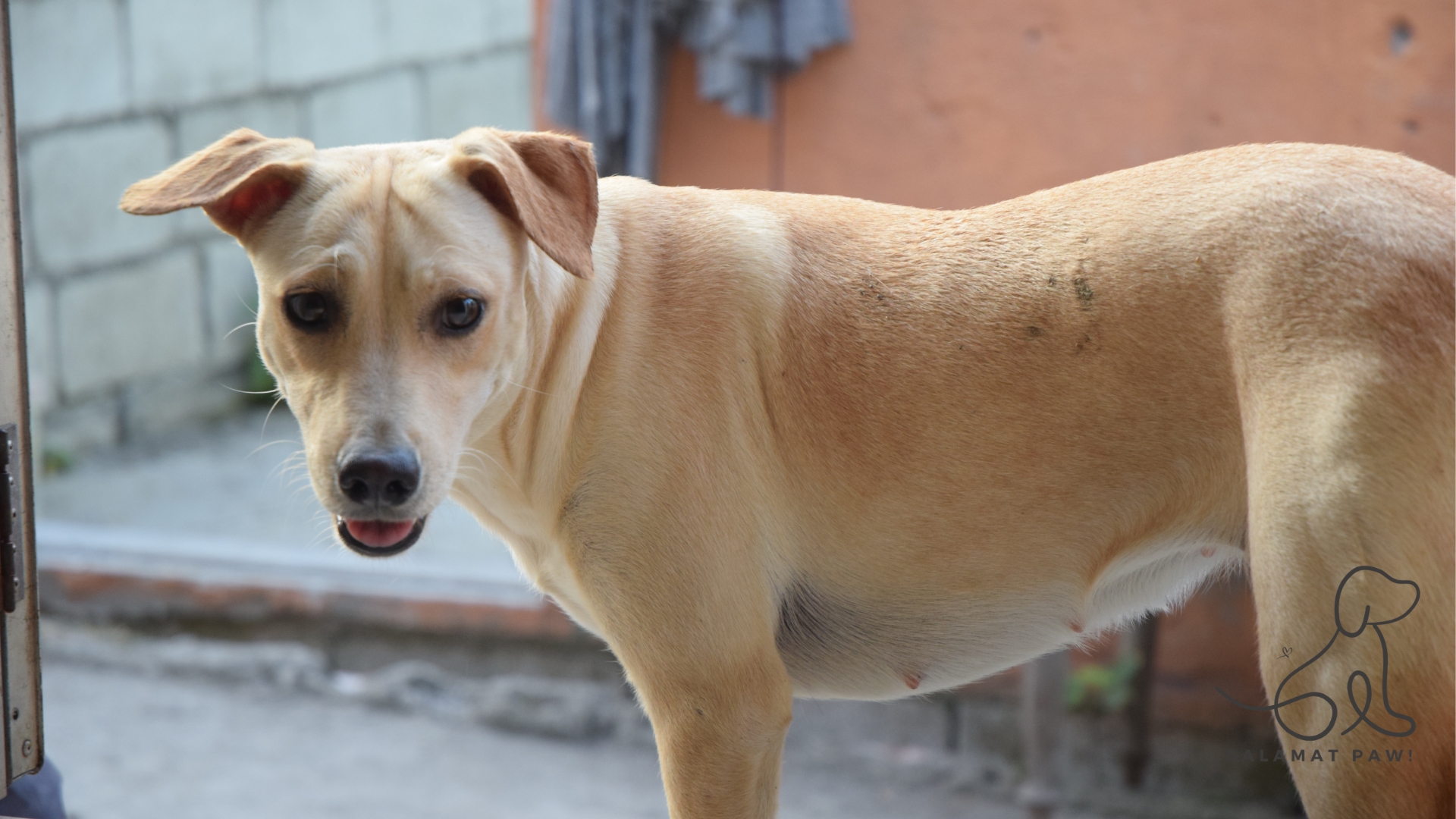Aspins, short for Asong Pinoy or Filipino dogs, are a beloved breed known for their loyalty, resilience, and unique charm. Traditionally street dogs or strays, Aspins have increasingly found their way into homes, gaining recognition as affectionate, intelligent pets. Caring for an Aspin may differ slightly from caring for other purebred dogs, but their adaptability makes them wonderful companions in any Filipino household. Here’s what you need to know about providing the best care for your Aspin.
1. Understanding the Aspin’s Unique Traits
Aspins come in all shapes, sizes, and colors, with no specific breed standards. They tend to be medium-sized, with short coats that make them well-suited to the Philippines’ tropical climate. One of their standout traits is their adaptability—they’ve survived as street dogs, so they’re often resourceful, strong, and independent.
Key Characteristics:
- Highly intelligent and easy to train.
- Loyal and protective of their families.
- Generally healthy with fewer breed-specific illnesses.
- Low-maintenance with moderate grooming needs.
Because they aren’t selectively bred, Aspins are often hardier and less prone to genetic conditions seen in purebred dogs. However, providing them with the right care is still essential for ensuring they lead happy and healthy lives.
2. Proper Nutrition for Aspins
Aspins thrive on a balanced, nutritious diet, just like any other dog. It’s important to provide high-quality dog food that suits their size, age, and activity level.
Feeding Tips:
- Choose dog food rich in protein, vitamins, and minerals to support overall health.
- Avoid table scraps, especially fatty, salty, or sugary foods that can lead to obesity or digestive issues.
- Make sure your Aspin has access to clean, fresh water at all times to stay hydrated, especially in hot weather.
If you’ve adopted an Aspin that’s used to scavenging, transitioning to commercial dog food might take some time, so be patient and consult a vet for advice on the best food options.
3. Exercise and Activity Needs
Aspins are naturally active dogs, especially those that have spent time on the streets. Regular exercise helps keep them physically fit and mentally stimulated.
Exercise Tips:
- Daily walks or play sessions are a must. Aim for at least 30 minutes of physical activity per day.
- Mental stimulation is equally important. Puzzle toys, training exercises, and interactive games help keep their sharp minds engaged.
- If you have a yard, let them explore and play safely, but ensure it’s securely fenced, as Aspins can be curious wanderers.
4. Grooming and Hygiene
Aspins typically have short coats that are easy to manage, making grooming relatively low-maintenance. However, regular grooming is still essential to keep their coats healthy and free from dirt or parasites.
Grooming Tips:
- Brush your Aspin’s coat once or twice a week to remove loose hair and dirt.
- Bathe your dog once a month or when necessary, especially if they’ve been playing outside. Use a mild, dog-friendly shampoo.
- Regularly check for ticks and fleas, especially if they spend time outdoors. Consider using tick and flea preventatives recommended by your vet.
- Clean their ears regularly to prevent infections, and brush their teeth to maintain dental health.
5. Health Care and Veterinary Visits
Aspins are generally hardy dogs, but like all pets, they need regular veterinary care to stay healthy. Vaccinations, deworming, and parasite control are vital in preventing common diseases.
Health Care Tips:
- Make sure your Aspin is up-to-date on vaccinations, including those for rabies, distemper, and parvovirus.
- Regular deworming is essential, as intestinal parasites can be common in former street dogs.
- Tick and flea control is especially important for Aspins that spend time outdoors.
- Schedule annual vet check-ups to monitor your dog’s overall health and catch any potential issues early.
6. Training and Socialization
Aspins are highly intelligent and can be trained with patience and consistency. They may take some time to adjust to a home environment, especially if they were previously strays, but with love and understanding, they can quickly become well-behaved companions.
Training Tips:
- Start with basic commands like sit, stay, and come. Positive reinforcement, such as treats and praise, works best with Aspins.
- Socialize your Aspin early by introducing them to different environments, people, and other animals to help them become confident and well-adjusted.
- Be patient if your Aspin shows signs of fear or anxiety, especially if they were rescued from the streets. Gradual exposure to new experiences will help them overcome these challenges.
7. Providing Love and Security
Many Aspins have had challenging lives before being adopted, and they may have faced hunger, fear, or abuse. As a result, they need a safe, loving environment where they feel secure.
Bonding Tips:
- Show affection and spend quality time with your Aspin to build trust. This may take time if they’ve been mistreated in the past.
- Provide a comfortable, quiet space where they can rest and feel safe.
- Establish a routine to help them feel secure. Feeding, walking, and playtimes should be consistent.
8. The Joy of Adopting an Aspin
Adopting an Aspin is not only a rewarding experience but also a compassionate choice that helps reduce the stray dog population in the Philippines. These loyal, loving dogs are often overlooked in favor of purebred pets, but they make incredible companions and have so much love to give.
Final Thoughts
Caring for an Aspin is a deeply fulfilling experience. These resilient, intelligent, and affectionate dogs are perfect for Filipino families, whether living in a city condo or a house with a yard. With proper care, love, and attention, Aspins will thrive and show you just how special this native breed truly is. By adopting and caring for an Aspin, you’re giving a dog a second chance at life—and gaining a loyal friend for years to come.


Leave a Reply